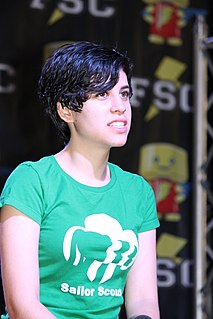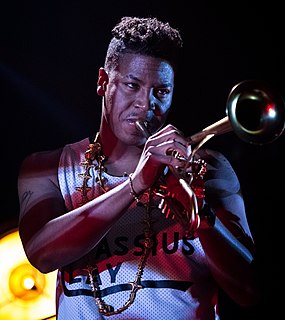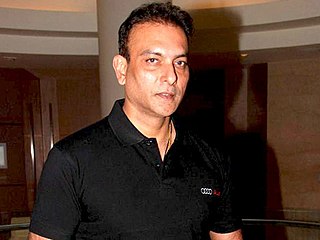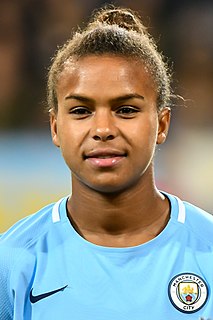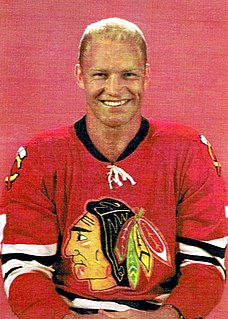A Quote by Ashly Burch
There's what we call the 'critical path,' which is the main story line and all the missions that you have to do to complete the narrative arc of the game. Then there are side quests. They're not essential to completing the game.
Related Quotes
When I was eight years old, I played a story game with my younger brother and sister to help them fall asleep. The 'word-story game' was where they would choose a word and I would create a story. Acting and directing are similar to this game, where I am given the words then I fill in the life of the characters.
I learned the game on the radio. Russ Hodges and Lon Simmons were the Giants broadcasters when I was growing up in the Bay area, and they taught me about the game. They taught me about the subtleties of the game, but they also gave me the game and let me enjoy it. That's the main thing, whether it's TV or radio. You have to give the fans the game, and if it's a Giants broadcast, the vast majority are Giants fans. In terms of story lines, most would be about the Giants.
When you're researching things that have happened, the clear narrative arc is not there already. This is the problem of writing nonfiction for me - writing nonfiction which is about serious subjects and has serious political and social points to make, yet which is meant to be popular to a degree - what happens when the facts don't fit a convenient narrative arc? I guess that for a lot of nonfiction writers that is a central challenge.
